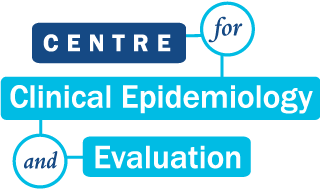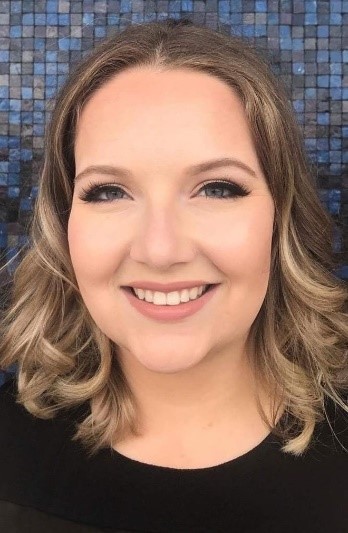- This event has passed.
October 12, 2017 @ 3:00 pm - 4:30 pm
Free
After a century or so of social science dominance, neoclassical economists’ claims about what motivates people and what makes systems work have been knocked off their pedestal. In the past 30 years, behavioural economics has challenged the rationalist, income-maximizing assumptions of standard economic theory. It turns out we are a species with hard-wired cognitive biases, multiple reasoning strategies and inconsistent preferences. Our decisions can be nudged by how choices are framed. We are part Mr. Spock and part Homer Simpson.
Join the Centre for Clinical Epidemiology and Evaluation (C2E2) for the 2017 C2E2 Annual Lecture: The insights of behavioural economics show us that the mystery of why so much good evidence and so many incentives have failed to improve safety, quality and efficiency is no mystery at all. This presentation will explore policies doomed to failure and suggest potentially more successful options based on an expanded view of rationality and a more nuanced understanding of what makes people tick.
Speaker:
Steven Lewis is a health policy and research consultant based in Saskatoon, and Adjunct Professor of Health Policy at Simon Fraser University. Prior to resuming a full-time consulting practice he headed a health research granting agency and spent seven years as CEO of the Health Services Utilization and Commission in Saskatchewan.
Click here to RSVP by September 28, 2017.


